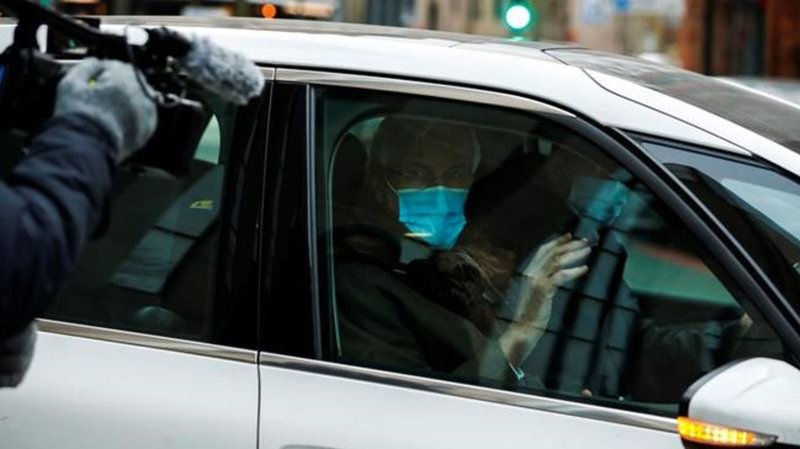
UK-EU talks near collapse ahead of Johnson Brussels trip
LONDON — Britain and the European Union warned Tuesday that talks on a post-Brexit free-trade deal are teetering on the brink of collapse, with just over three weeks until an economic rupture that will cause upheaval for businesses on both sides of the English Channel.
Officials downplayed the chances of a breakthrough when Prime Minister Boris Johnson heads to Brussels for face-to-face talks with European Commission President Ursula von der Leyen in the next few days.
With negotiators deadlocked on key issues after months of tense talks, German European Affairs Minister Michael Roth said the bloc’s confidence in Britain was hanging in the balance.
“What we need is political will in London,” said Roth, whose country currently holds the EU’s rotating presidency. “Let me be very clear, our future relationship is based on trust and confidence. It’s precisely this confidence that is at stake in our negotiations right now.


